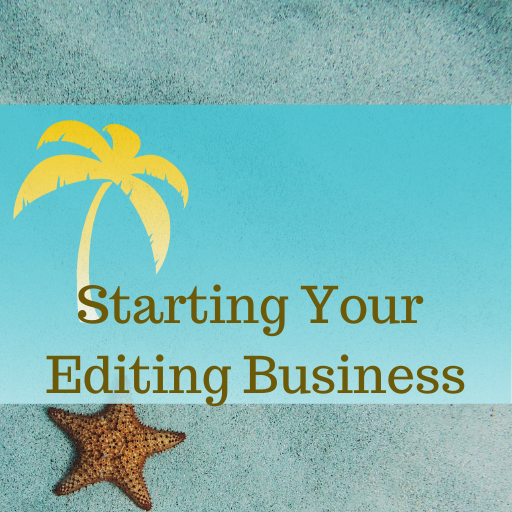5 Tips for Having Hard Conversations
One of my secret vices is reading advice columns. They’re always about conflict, which is the heart of story, and so I can’t help but be drawn to them.
Over and over again, the writers express a desire to set some kind of a boundary – to tell their parents they can’t stay for three weeks, to express to a friend that their behavior was hurtful, to get their spouse to stop stomping all over their hopes and dreams – but they want to do this without hurting anyone’s feelings, or making anyone upset, or otherwise roiling the waters of tranquility, the tranquility being purchased at the cost of the letter writer’s soul, or at least their peace of mind.
I’m a big fan of reaching for your dreams, but the idea that you can somehow solve a difficult problem with another person without having any trouble is an *impossible* dream. I’m not a fan of those.
Why Boundaries Matter
People who don’t know how to have these difficult conversations either ghost the other person (talk about hurting someone’s feelings!) or let themselves get steamrollered. That’s not okay. (Note that blocking someone who is damaging to your mental health is not what I mean by ghosting. By ghosting I mean “not making a good-faith effort to solve a problem with another person.”)
If you’re going to offer services for pay, you have to be able to have these difficult conversations without ghosting people or getting steamrollered.

Top Tips for Setting Boundaries
Job #1 is to know your limits. This is often something we only figure out once someone has pushed us past them, but if we can take a moment to figure out what are limits are and to clearly describe them, many problems never even get a foothold. As an editor, this would be very clearly stating what your service will cover and for what fee and by what deadline.
#2 is to be prepared ahead of time for problems that might arise. What will you do if someone is dissatisfied with your edit? What will you do if someone badmouths you in public? If you’ve thought through some of this ahead of time, you’ll be responding from a stronger position rather than feeling defensive and attacked.
This is also important if you’re changing the way you do business. For example, recently I stopped taking on any unpaid speaking “opportunities.” I don’t do these very often but I did it a few times in 2024 and regretted it. So, I am going to remember to ask for payment information upfront and turn down those that pay nothing.
#3 (this is really part of #2, being prepared ahead of time): create templates/scripts for responding to conflicts. I have a boilerplate script that I customize for various asks that I am unable/unwilling to do. So, for example, if someone wants me to “just read this chapter and let me know what you think” for free, I have a script that states I don’t work for free and describes my fees for what they’re asking. Because I feel it’s not fair to people who have paid me for my services to sometimes randomly give those services away for free, I started using the word “policy” in my no, which makes it a less personal rejection to the asker.
#4 is to practice with low-risk situations first. It can be difficult to get out of a conflict-avoidant, people-pleasing mindset, but it helps to start small. I recommend starting with a “no” that won’t be that difficult to say, such as to someone you don’t really know (a random stranger in your inbox). Once you’ve said “no” a few times and disaster doesn’t immediately follow, you’ll feel more confident about saying it in higher-risk situations (by which I mean situations with more at stake, such as someone hiring you for a service or your needing to address a problem with a valued client). Over time, you’ll be more confident about saying what you want and need.
#5 is to recognize that discomfort is A-OK. You may never become totally comfortable with having difficult conversations with people, and that’s fine. I don’t know many people who are. But the discomfort fades. Again, the more you do it, the more quickly the discomfort dissipates. And because you’re setting and keeping boundaries, you’ll notice that overall you actually have less discomfort in your working life and more happiness.
Join the Club!
New to story editing? Begin at the beginning.






